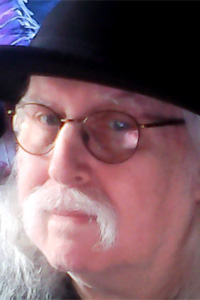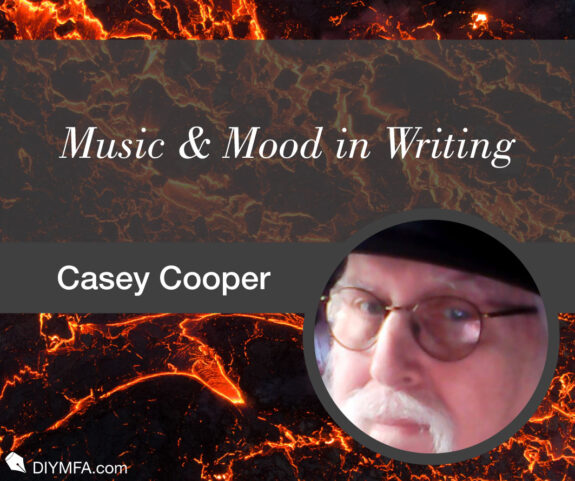What does Music have to do with writing you ask?
For some people, nothing; for some, it is setting the Mood.
Some people swear by the use of background music to stimulate their creative flow.
Stephen King comes to mind with his use of heavy metal to stimulate his creativity. Other people, such as myself, prefer no music when creating.
Let us think about creating a background mood for a moment.
Can you imagine the opening of Stanley Kubrick’s 2001: A Space Odyssey without the strains of “Thus Spoke Zarathustra” evoking the mood?
It would have certainly been totally different had he used a less grandiose piece of music. Kubrick was experimenting with this film’s opening scenes by using music to create the mood nonverbally, as opposed to more traditional cinematic narrative techniques. He went against the norm by using existing pieces of music rather than having pieces composed for the experience.
Much of the film is done with no dialog and simply uses music to set the scene. This was novel in film, although the approach had been used in other forms of visual media for years, i.e. cartoons.
I remember as a child, cartoons were rare, unlike today. Initially, there were only the movies and the Saturday morning fare, and that was all there was in the way of cartoons. I loved watching cartoons, so going to the movies would help feed my hunger. As I recall, there was almost always a cartoon and a news clip before every matinee.
Merry Melodies and Loony Toons often used classical music, and I grew up hearing these scores with no idea where the music came from.
It was in these cartoons and the Disney Movies where I was first exposed to such pieces as Grieg’s “Hall of the Mountain King,” “Anita’s Dance,” and “Morning Mood.”
Who can forget Disney’s Fantasia, with Stravinsky’s “The Rite of Spring” and “A Night on Bald Mountain,” “The Sorcerer’s Apprentice,” “Dance of the Hours,” “The Nutcracker Suite,” and more?
They exposed me to all of this classical music with no idea where any of it came from, but they set the mood so well.
I wonder if Fantasia’s success influenced Kubrick, and inspired him to take the concept from cartoons and adapt it to his masterpiece?
The trend with most soundtracks was to compose music specifically for the film rather than to adapt. The list of great soundtracks is enormous, indeed there are some films where the soundtrack is considered to be better than the film it was composed for.
Using music to set a mood is indeed an art.
Peter Jackson’s Tolkien adaptations come to mind as a masterful example of the fantasy genre.
Okay, but what does this have to do with writing?
For myself, I find if I have music playing and a song I love comes on, it distracts me.
I tend to listen to the lyrics, maybe even sing along, and not create.
Instrumental music rarely has the same danger, but I find, when I am on a creative roll, background sounds fade into oblivion and so why bother to put any on? I just ignore it. (Moreover, my cats are not music lovers. Liv tends to flee and hide if it is too loud and Riley, the unflappable, just ignores it.)
In the past, I have put on long playlists for my gaming and, more often than not, I never notice when the music ends. The same is true with my writing. If I am in a groove, all other sounds fade away, so why bother to even turn them on?
But some people find stimulation for their muse with sound.
With that in mind, finding the correct music would seem important.
I think the type of music that would help the creative mood for action-adventure or a thriller would not be correct for a romance. Likewise, the sounds that might aid with creating sci-fi or fantasy would differ from those used to tickle the fancy for a rom-com.
Setting a mood is important for some people when they write, the wrong mood will stifle rather than nurture.
The only way to discover the right mood setter for you is to experiment.
If you are convinced you can only create in total silence, you may be correct, but you might be surprised what a soft mood setter in the background can inspire.
Try putting some low-volume music that seems to fit your genre into your creative space. It may surprise you.
I would suggest you attempt to find music that seems fitting for your style and genre. Ravel’s “Bolero” or Wagner’s “Ride of the Valkyries” would probably be the wrong choices for background mood when writing a tender love scene but might aid in writing an action sequence.
You never know until you try.

Casey Cooper, Writer, Bard.
You can follow him on Facebook.







